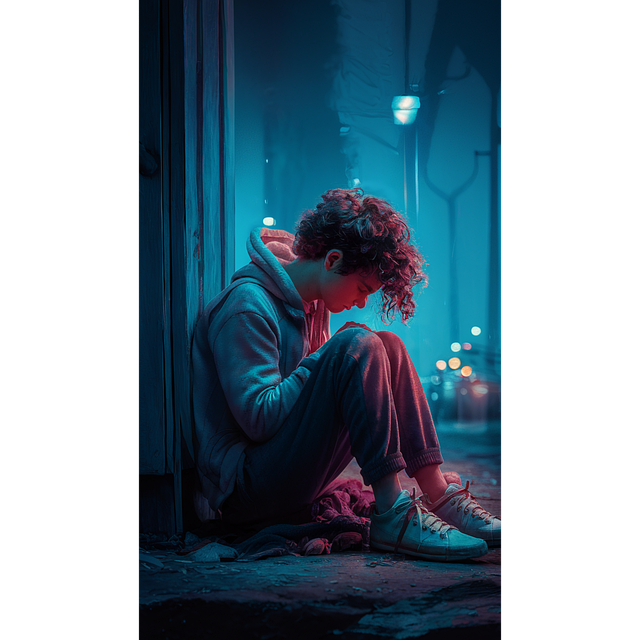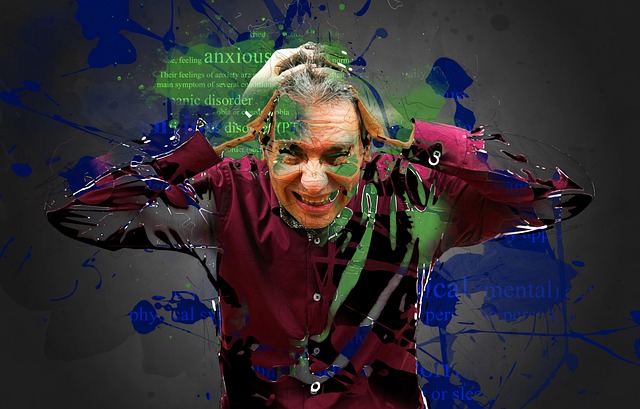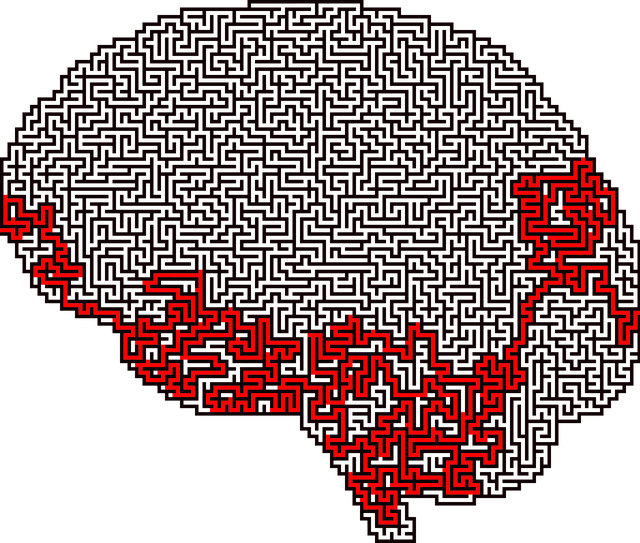Louisville Young Adults Therapy (LYAT) tackles the critical issue of mental illness representation in media, which significantly affects young adults seeking support in their city. They strive to combat harmful stereotypes and misconceptions by advocating for authentic stories and diverse portrayals of mental health struggles. Through their efforts, LYAT aims to create a supportive digital space where young adults feel understood, reducing stigma and encouraging them to take the initial step towards healing without judgment.
In the modern era, media representation of mental illness plays a pivotal role in shaping public perception. This article explores the challenges and offers solutions for more accurate portrayals, specifically focusing on how Louisville Young Adults Therapy can drive positive change. We delve into the impact of media’s influence on youth mental health, highlighting the need for diverse, empathetic narratives. By examining current trends and providing actionable strategies, we aim to empower therapists and media creators in their quest for authentic representation.

Mental illness representation in media is a pressing issue, especially for young adults seeking support in places like Louisville. Popular culture often perpetuates stereotypes and lacks accurate portrayal, leading to misconceptions and stigma. This can be particularly damaging for vulnerable populations, such as young adults navigating life’s challenges.
Louisville Young Adults Therapy (LYAT) recognizes this problem and advocates for more nuanced media representation. By promoting authentic stories and raising awareness, LYAT strives to create a safer, more supportive environment where young adults feel understood and encouraged to seek help without fear of judgment. This shift in media portrayal can empower individuals to take that first step towards healing and recovery.
API responded with status code 504.

In today’s digital age, media representation of mental health plays a pivotal role in shaping societal perceptions and understanding. Often, the portrayal of mental illness in movies, television shows, and online platforms falls short, perpetuating stereotypes and misconceptions. This is particularly evident in the depiction of young adults seeking therapy, with many media instances contributing to the stigmatization of these individuals. Louisville Young Adults Therapy, for instance, faces the challenge of dispelling negative narratives that might discourage others from seeking much-needed support.
A significant step towards a more accurate and compassionate representation is to showcase diverse experiences and recovery journeys. By featuring characters grappling with various mental health issues and portraying their paths to healing, media can offer valuable insights. This approach not only humanizes the experience but also encourages open dialogue, fostering an environment where seeking therapy is met with empathy rather than judgment.
Media representation of mental illness plays a pivotal role in shaping public perception. By accurately portraying the experiences of individuals living with mental health challenges, we can foster understanding and reduce stigma. Louisville Young Adults Therapy stands as a beacon of hope, offering specialized support tailored to the unique needs of young adults. Through collaborative efforts between media creators and mental health professionals, we can navigate the intricate landscape of mental illness representation, ultimately enhancing societal awareness and promoting inclusive dialogues.














